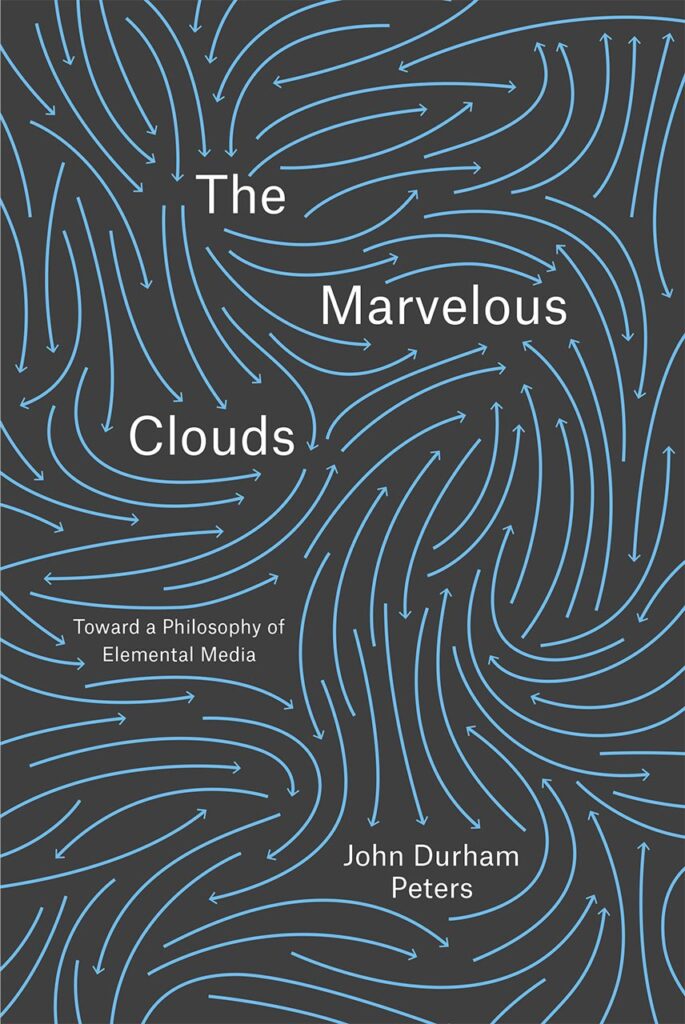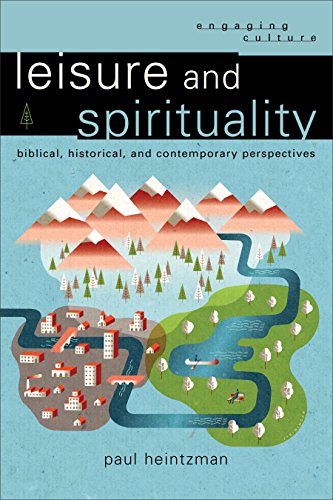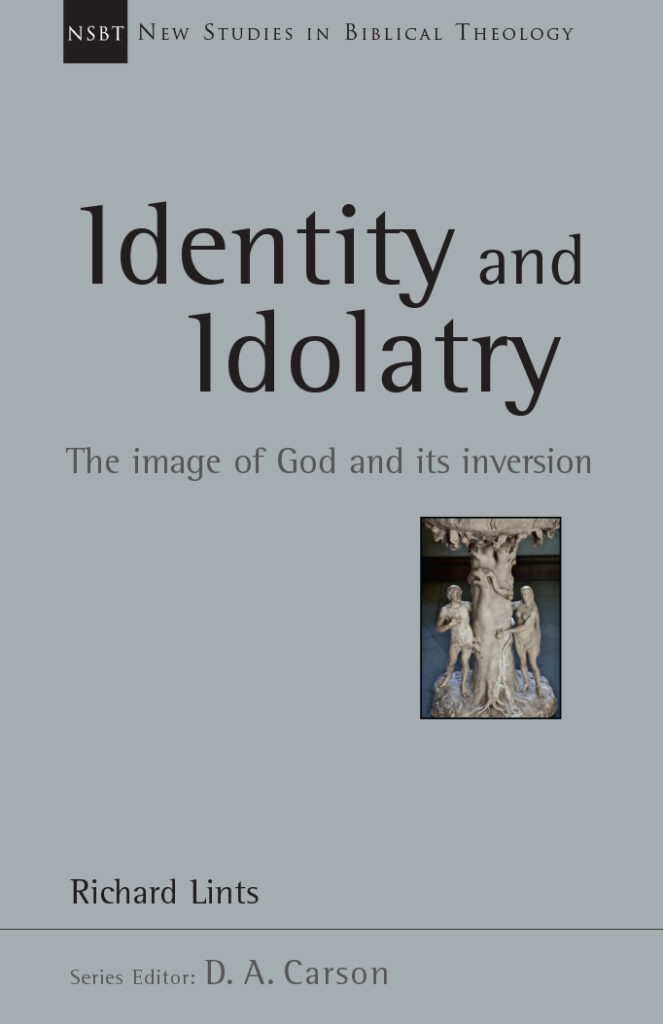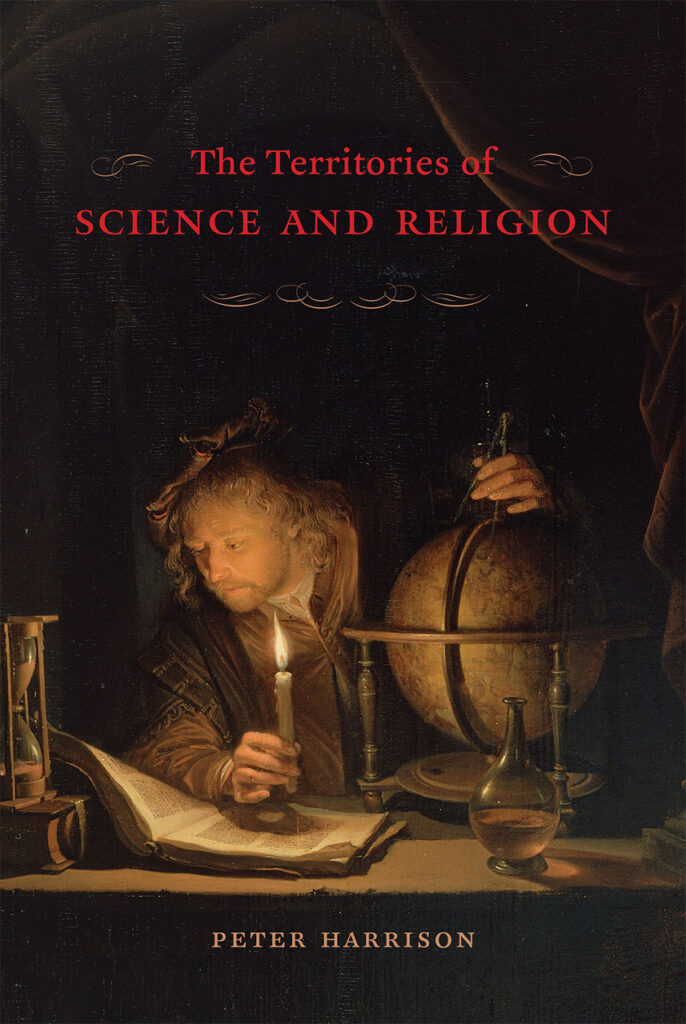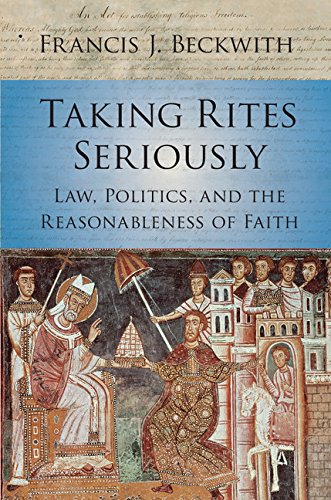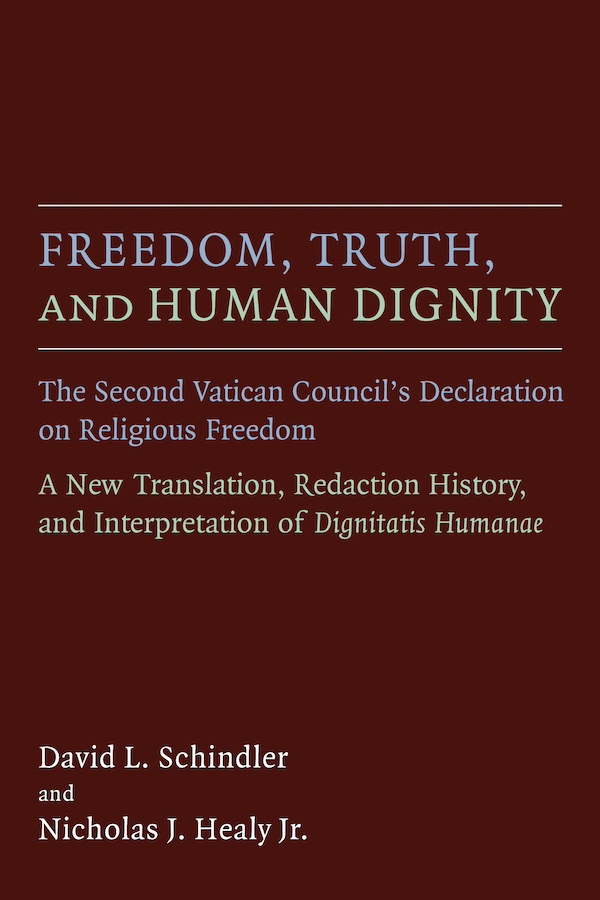PREVIEW
The player for this Journal volume is only available to current members or listeners with a legacy account. If you have an active membership, log in here. If you’d like to become a member — with access to all our audio programs — sign up here.
Guests heard on Volume 131
John Durham Peters, author of The Marvelous Clouds: Toward a Philosophy of Media, on understanding media as agencies of order, not just devices of information
Paul Heintzman, author of Leisure and Spirituality: Biblical, Historical, and Contemporary Perspectives, on how a biblical understanding of human spirituality can inform our concept of “leisure”
Richard Lints, author of Identity and Idolatry: The Image of God and Its Inversion, on how the image of God and idolatry are inversely related
Peter Harrison, author of The Territories of Science and Religion, on how our current definition of “science” and “religion” represents novel conceptual categories
Francis J. Beckwith, author of Taking Rites Seriously: Law, Politics, and the Reasonableness of Faith, on the widespread tendency to erect a wall between faith and reason
David L. Schindler & Nicholas J. Healy, Jr., co-authors of Freedom, Truth, and Human Dignity: The Second Vatican Council’s Declaration on Religious Freedom, on how the First Amendment is not as sympathetic to religious freedom as is commonly believed
Related reading and listening
- Wonder, being, skepticism, and reason — FROM VOL. 135 Matthew Levering talks about the long and rich tradition of reasoning about God. (23 minutes)
- Impact of “infotainment” on community — Neil Gabler and C. John Sommerville discuss how the mentalities conveyed by our experience with communications media work against the nurturing of community. (36 minutes)
- Defined by what we buy — FROM VOL. 48 Gary Cross argues that Americans are uniquely susceptible to the temptation to define ourselves by what we buy. (10 minutes)
- Modernity and the shaping of America — FROM VOL. 48 Historian Jon Butler explains how aspects of modernity were already present and at work in colonial American life prior to 1776. (12 minutes)
- Sensory overload — FROM VOL. 59 Todd Gitlin discusses the effects of media saturation on our mental and emotional lives. (14 minutes)
- Metaphysical impulses beneath techno-utopianism — FROM VOL. 38 Erik Davis describes his research on how humans’ fascination with technology is permeated with “mythic energy” and gnostic aspirations. (11 minutes)
- The theological significance of current events — FROM VOL. 65 George Marsden discusses how Jonathan Edwards (1703–1758) understood world history and the American experience. (14 minutes)
- Alchemy, astrology, energy, and gnosticism — FROM VOL. 85 Catherine Albanese describes the varieties of “metaphysical religion” popular in early American history and draws connections with the more recent New Age movement. (14 minutes)
- When philosophy loses its way — FROM VOL. 52 Ralph McInerny (1929–2010) speaks about themes from his 1999 Gifford Lectures, which relate how natural theology came to be regarded as pointless, resulting in a philosophical dead end.(24 minutes)
- The need for robust Christian intellectual life — In this lecture, Robert Benne surveys the contemporary landscape in which Christian scholars attempt to integrate their faith and their intellectual life. (43 minutes)
- Why liberalism tends toward absolutism — In this lecture, Michael Hanby examines what causes liberalism to become dictatorial in thought and practice. (49 minutes)
- Faith as the pathway to knowledge — Lesslie Newbigin on authority and the Author of all being
- Mars Hill Audio Journal, Volume 162 — FEATURED GUESTS: Mark Noll, R. Jared Staudt, Paul Weston, William C. Hackett, Hans Boersma, and David Paul Baird
- Is liberalism compatible with religious freedom? — D. C. Schindler relies on two Thomistic axioms to illustrate why liberalism — which claims to offer a minimalist conception of the common good — is ultimately incompatible with a Catholic understanding of religious freedom. (34 minutes)
- Play as a signal of transcendence — FROM VOL. 2
Father James V. Schall reflects upon the importance of play and contemplation in ancient political thought. (7 minutes)
- St. Irenaeus against the Gnostics — In this reading of an essay by theologian Khaled Anatolios, St. Irenaeus is remembered for his synthesis of faith and reason. (52 minutes)
- Infrastructures of addiction — Christopher Lasch on the subversive effects of the expectation of novelty
- Heintzman, Paul — FROM THE GUEST PAGE: Paul Heintzman is Professor of Leisure Studies at the University of Ottawa, where he is also an Affiliated Professor in the MSc in Environmental Sustainability program.
- Peters, John Durham — FROM THE GUEST PAGE: John Durham Peters is María Rosa Menocal of English and Professor of Film and Media Studies at Yale.
- Beckwith, Francis J. — FROM THE GUEST PAGE: Francis J. Beckwith is on the faculty of Baylor University, where he serves as Professor of Philosophy & Church-State Studies, Affiliate Professor of Political Science, Associate Director of Graduate Studies in Philosophy, and Resident Scholar in the Institute for Studies of Religion.
- In the image of an Imaginer — Dorothy L. Sayers on the inevitability of analogical language about God (and everything else)
- Mars Hill Audio Journal, Volume 159 — FEATURED GUESTS:
Kirk Farney, Andrew Willard Jones, James L. Nolan, Jr., Andrew Kaethler, Peter Ramey, and Kathryn Wehr
- Resituating discussion of “science” and “religion” — Peter Harrison argues that modern Western culture’s partitioning of ‘science’ and ‘religion’ into distinct spheres is a novel categorical conception in history. (58 minutes)
- The basic act and order of things — David L. Schindler (1943–2022) insists that the reduction of love to a matter of private and personal sentiment, piety, or good will — is one of the fundamental disorders of modern culture. Christians should know better. (39 minutes)
- “Christianity” is gnostic — Peter Leithart on why what the Church is and practices is not a “religion”
- The evolving connotation of “Christianity” — William Cantwell Smith on how the abstraction known as “Christianity” displaced the concrete reality of “Christian living”
- The birth of “religion” — Brent Nongbri on how Christian disunity led to the privatization of God and the gods
- Mars Hill Audio Journal, Volume 152 — FEATURED GUESTS:
Elisabeth Lasch-Quinn, Jeffrey Bilbro, Zena Hitz, James L. Nolan, Jr., Bishop Robert Barron, and Jason Blakely
- The novelty of “science” and “religion” — Peter Harrison on the contingency of the boundaries that divide our lives
- The scantily clad public square — Reinhard Hütter on the necessity of the virtue of religion
- Is religious freedom a myth? — Kenneth Craycraft, Jr. details the myths about religious freedom which are so commonly held by American Christians and analyzes their fallacies. (34 minutes)
- Freedom, ancient and modern — In a brief excerpt from David Bentley Hart’s book Atheist Delusions, and a longer excerpt from an Areopagus Lecture by D. C. Schindler, the modern view of freedom is contrasted with the understanding of freedom present in ancient Hebrew, Greek, and Roman thought. (27 minutes)
- Mars Hill Audio Journal, Volume 146 — FEATURED GUESTS:
Mark Mitchell, Hans Boersma, Henry T. Edmondson, III, Brian Clayton, Douglas Kries, Conor Sweeney, and Carole Vanderhoof
- D. C. Schindler: “For Freedom Set Free” — D. C. Schindler argues that the Christian notion of religious liberty is a synthesis of the Jewish, Roman, and Greek traditions. (61 minutes)
- Is the First Amendment religiously neutral? — David L. Schindler and Nicholas J. Healy, Jr. discuss how the First Amendment is not as sympathetic to religious freedom as is commonly believed, as it is based on contestable assumptions about the nature of “religion,” “freedom,” and “human nature.” (33 minutes)
- The nature of freedom reconsidered — In anticipation of this Fall’s Areopagus Lecture entitled “‘For Freedom Set Free’: Retrieving Genuine Religious Liberty,” we present selections from interviews with three MARS HILL AUDIO guests who have raised questions about the modern understanding of freedom. (27 minutes)
- Mediated: Thomas de Zengotita on Postmodernity and the Flattered Self — Thomas de Zengotita describes how communication media contribute to the widespread sense of entitlement and of identity as an autonomous chooser. The postmodern self is what Zengotita calls “the flattered self,” increasingly believing itself to be the center of the universe. (59 minutes)
- Questioning the “sacred-secular” division — With the stage set by Michael Sandel, Jean Bethke Elshtain, David L. Schindler, and John Milbank, Andrew Willard Jones examines a medieval alternative to the modern liberal paradigm. (61 minutes)
- Mars Hill Audio Journal, Volume 142 — FEATURED GUESTS:
Stanley Hauerwas, Perry L. Glanzer, Nathan F. Alleman, Jeffrey Bishop, Alan Jacobs, D. C. Schindler, and Marianne Wright
- Mars Hill Audio Journal, Volume 141 — FEATURED GUESTS:
Grant Wythoff, Susanna Lee, Gerald R. McDermott, Carlos Eire, Kelly Kapic, and James Matthew Wilson
- Martin Luther, Printing, and the Making of the Reformation — Historian Andrew Pettegree (Brand Luther: 1517, Printing, and the Making of the Reformation) describes how Luther’s facility for writing in German and his intuitive business sense spread ideas and transformed the distribution model of the printing industry. (55 minutes)
- In defense of unity — Peter J. Leithart on the relationship between ecclesial unity and religious liberty
- The missional mandate of truth — Joseph Ratzinger on the partnership of faith and reason in the coherence of love and truth
- Only domesticated religions are safe to be free — Stanley Hauerwas on why “freedom of religion” carries subtle temptations
- God is more than a choice — Kenneth R. Craycraft, Jr. (and Michael Sandel) on why religious freedom is poorly understood (and vulnerable)
- A liturgically ordered (and Christ-formed) cosmos — David L. Schindler on how the renewing of our minds requires the recognition of love in the order of Creation
- Not just other-worldly concerns — William Cavanaugh on the “religionization” of Christianity
- Is religion just moralistic therapy after all? — Alexander Schmemann on the secularization of religion
- How science became the omnipotent arbiter of genuine knowledge — Peter Harrison on the creation of an allegedly neutral public sphere
- Shedding epistemic modesty — Peter Harrison on the rise of confidence in scientific progress
